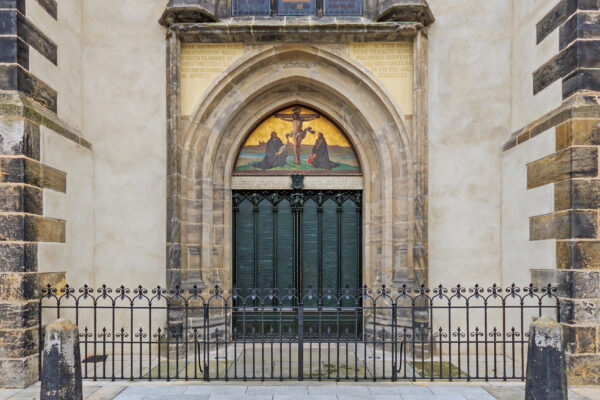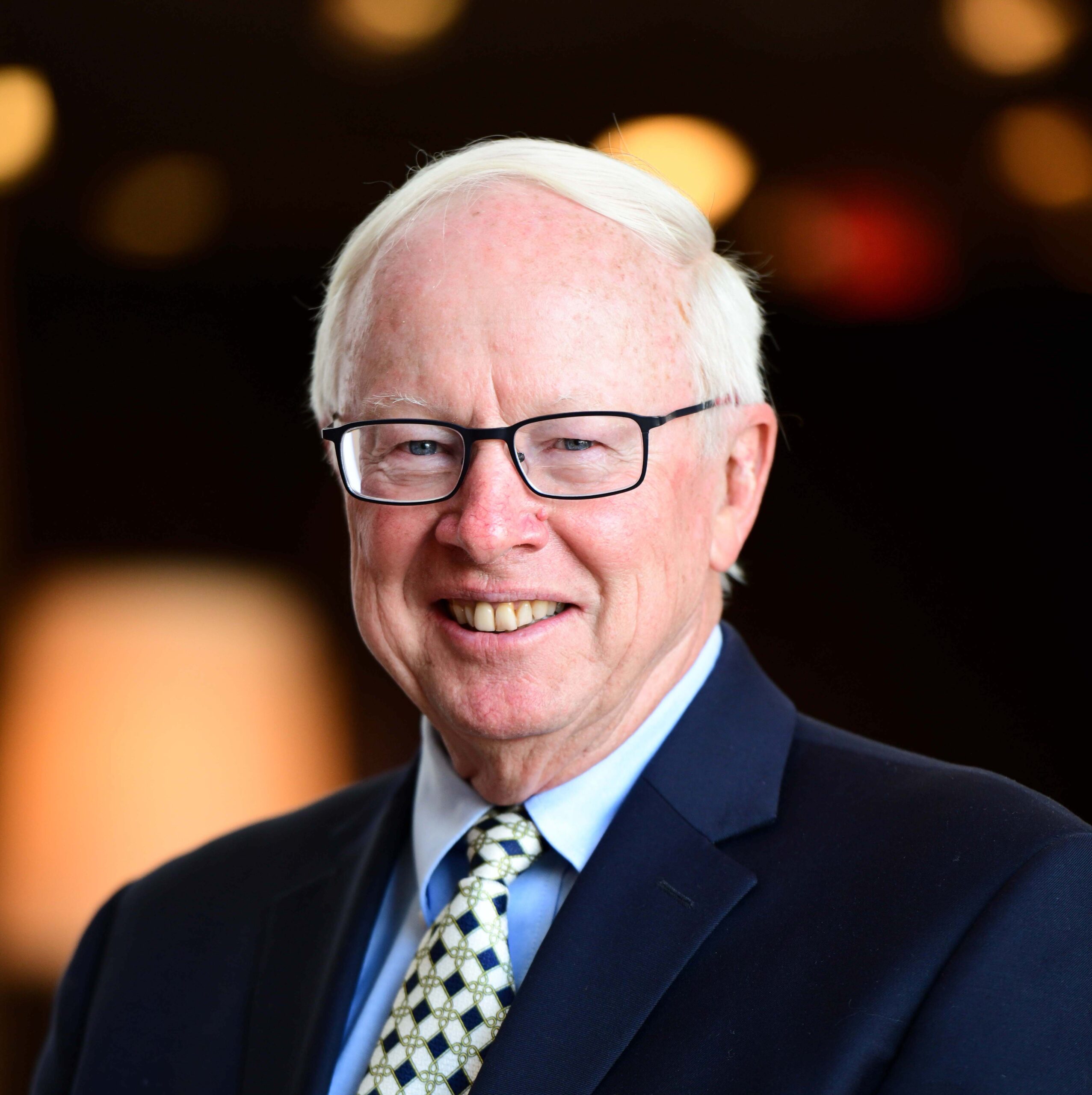Five hundred years ago, Martin Luther nailed his 95 Theses on a church door in Wittenberg, Germany. He aimed to protest the Catholic Church’s practice of issuing indulgences and other abuses of the Catholic hierarchy, and ended up sparking the Protestant Reformation.
Thanks to this critical period of innovation, we have not only Catholic and Orthodox churches, but also countless Protestant denominations—as well as non-denominational movements. And yet, today, the signs of decline are all around us.
As we survey contemporary religious change, are we witnessing a modern-day reformation, or is something more cataclysmic occurring?
The challenge with the idea of a modern-day reformation is that there’s no one set of church doors on which to nail a protest. The Christian church is too fractured for anything but small-scale reformations, and when this occurs, it typically sunders a single denomination or movement, with splits between the progressive and conservative wings of the organization.
Fewer people are walking through church doors, let alone reading the bulletins nailed to them. Mainline seminaries are closing, and even progressive evangelical seminaries are experiencing challenges. Venerable Protestant denominations, such as the Presbyterian, Episcopal and Methodist churches, have seen substantial losses in membership during the past half-century. The reputational capital of the Catholic Church is in shambles, with charges continuing to emerge against pedophile priests around the world, and the hierarchy’s blind eye toward the problem. Even fast-growing charismatic churches have lost their luster, with some of the most prominent leaders engaging in financial corruption and sex scandal.
As one might expect, younger generations of Americans are checking out of organized religion. They have little interest in reforming something that they perceive to be corrupt and attached to a worldview that makes little sense, given the transformations in modern cosmology. The old image of a super-hero in the sky pulling the strings of his creation on earth is so implausible that it is not even worth considering, except when one is in really desperate circumstances. People of all ages still pray in hard times.
Certainly, there are pockets of reformation and innovation. Pope Francis is continuing Martin Luther’s efforts to root out corruption in Rome while making incremental changes to church bureaucracy. Small groups of Christians are operating outside of denominational structures, trying to return to the original vision of Jesus, through social ministries to the poor and engaged spirituality that values strong communal bonds. There are a few aging prophets that inspire such efforts, such as Archbishop Desmond Tutu. And fresh winds are blowing outside of the Christian tradition, such as through the Dali Lama’s efforts to promote peace and bring science into religion.
At the same time, backlash movements are gaining strength in all religious faiths, perpetuating exclusivist, divisive and violence-justifying visions. There are fundamentalist versions of not only Islam, but also Judaism, Christianity, Buddhism and Hinduism. Conservative evangelicals have their authoritarian leader in the White House, so they may not be despairing. Due to both these positive and negative influences, religion is not going to disappear in my lifetime.
But I think something bigger than incremental reforms or reactionary backlashes is happening. To borrow a term from the economist Joseph Schumpeter, religion is in the midst of a process of creative destruction. It may take 100 years or more, but we are undergoing a positive purging of our religious institutions. Conservative religious organizations will endure, because some people will always need the security of orthodox belief and the bright boundaries that help believers distinguish themselves from enemies and scapegoats. But something much more creative may emerge from the ashes of bankrupt religious organizations.
Indeed, many young people continue to identify as spiritual while eschewing organized religion. While their spirituality may be highly individualistic and self-centered, it also says something about human nature—namely, that we are meaning-seeking beings. The religious impulse is a product of our highly evolved brains.
When I look into my crystal ball, I envision a future religion that captures the vision of prophets such as Jesus, Buddha, and modern-day saints, including some of the founders of religious orders during the centuries. There will be a rebirth of the ethic of love, compassion, and self-transcendence connected to values larger than our ego-driven needs. It is these forms of community that will counter the despair that comes from a consumerist, digitally-driven world of inequality.
A new generation of spiritual exemplars—following in the footsteps of Tutu, the Dalai Lama, and Pope Francis—will emerge. People will be attracted to them. New communities will form. But eventually these communities will encumber the pathologies associated with corrupt bureaucracies, and therefore need to be reformed.
In the long term, it will not be reformation that saves religion; it will be transformation. An individual man or woman won’t nail a set of theses to a church door, but rather larger social forces will transform how we make sense of the world.
As meaning-seeking beings, we will seek ways to adapt religious practice to new scientific knowledge, new ways of experiencing community, and new definitions of God. In the meantime, religion is going to look very messy as disillusioned people take flight from dysfunctional religious forms.
But to think that the religious impulse is going to disappear defies evolutionary theory. Human beings have a remarkable ability to assimilate new knowledge and transform it in ways that champion hope, not despair.
Photo Credit: A.Savin / Wikicommons
Donald E. Miller is the co-founder of the USC Center for Religion and Civic Culture.





